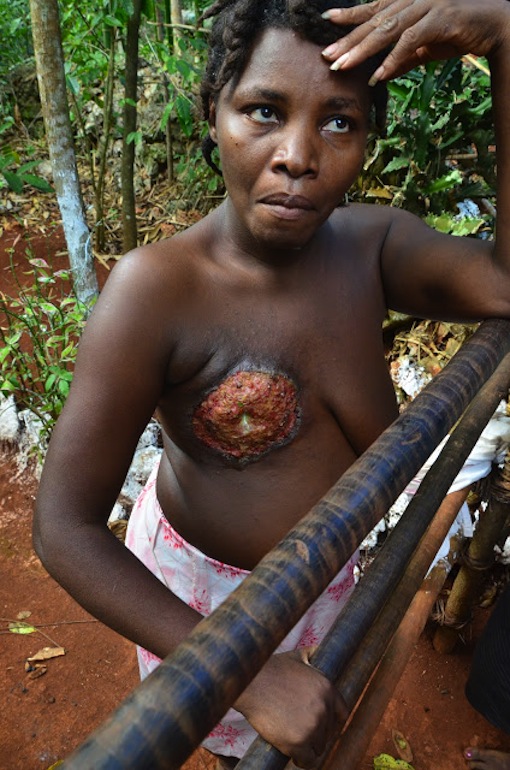Most Haitians have very difficult lives and many of them suffer from painful conditions that are never treated. And their pain is ignored too, not because “Haitians have a higher pain tolerance”, but because Haitians are poor.
When Haitians have medical problems that cause pain, they need and deserve pain medication. Pain relief is a basic human right. And ten million Haitians have their fair share of burns, broken bones, and post-operative pain every day.
Haiti also has a huge supply of cancer pain that usually goes untreated. Cervical and breast cancer plague Haitian women. Screening, diagnostics, and treatment are all deficient.
Yet in over 30 years of working in Haiti, I have never seen morphine ordered even once.
Morphine comes from the poppy plant and was discovered in 1804. It was first marketed for relief of pain in 1817. That is almost two hundred years ago. Morphine is very effective and costs about two dollars per week per average hospitalized adult. But morphine hasn’t caught on in Haiti yet.
In the United States we tell patients with pain, “We have more morphine than you have pain”. High income countries such as the United States, Canada, and the UK consume 93% of the world’s morphine supply yet 70% of deaths from cancer occur in low and middle income nations.
Every year five million people in the world with cancer die in pain, without access to pain medication. In India 1-2% of patients with cancer are given morphine. In Haiti it is even less.
Neglecting someone’s pain from any cause is unconscionable. It is frequently the ultimate and last insult for people without funds or influence.
John A. Carroll, M.D. is a physician working in Port-au-Prince.
